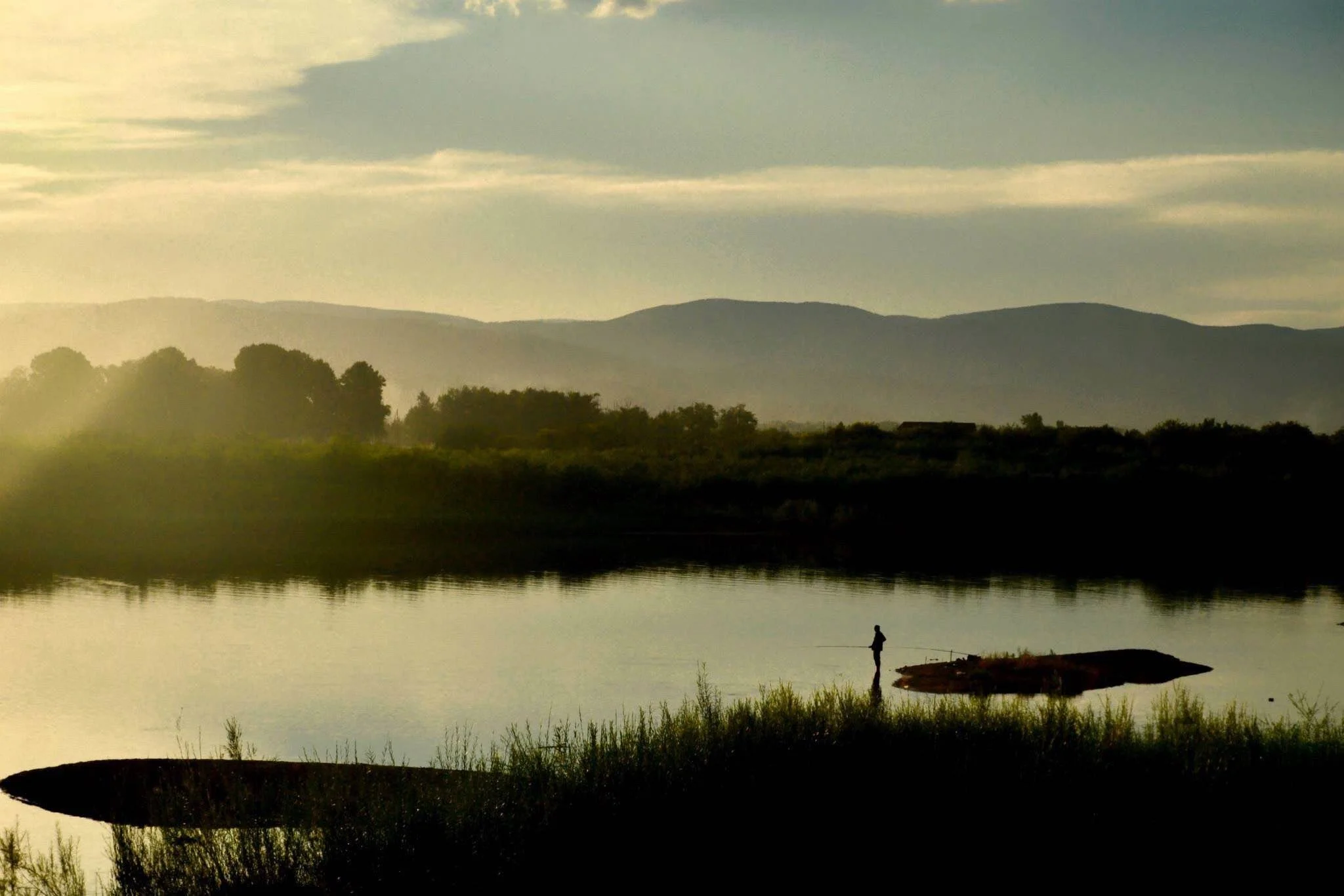Casco Bay Estuary Project
Client:
National Estuary Program, U.S. Environmental Protection Agency and Maine Department of Environmental Protection
Background
The Casco Bay Estuary Project (CBEP), part of the U.S. EPA National Estuary Program, was established in 1990 to protect, preserve and remediate Casco Bay and its watershed. Its Management Committee includes officials from the U.S. Environmental Protection Agency, Maine Department of Environmental Protection, Maine Office of Comprehensive Planning, municipal officials (elected and staff), scientists, citizens, industrialists and environmentalists. It is also supported by technical, local government and citizen advisory committees.
Process
At impasse after 18 months of discussions on priority issues, PPM designed and implemented a one-day priority-setting workshop that enabled CBEP to select five priority issues:
Development
Storm water runoff and combined sewer overflows
Individual septic systems and overboard discharges
Pre-existing sediment contamination
Public stewardship
Susan Podziba then designed and mediated a six month inclusive process to develop action plans for each priority issue. It relied on innovative strategies such as a technical expert roundtable to develop a “universe of options” for meeting CBEP goals and objectives; focus groups of outside stakeholders such as farmers, foresters and fishers to provide feedback and suggest revisions on proposed action plans; and public forums for reviewing of management committee decisions.
Result
The Casco Bay Estuary Project inclusive process resulted in an EPA award-winning Comprehensive Conservation and Management Plan. The consensus process helped to build the relationships that ensured the Plan’s effective implementation. CBEP continues to work in support of the sustainable use of Casco Bay and its watershed.
